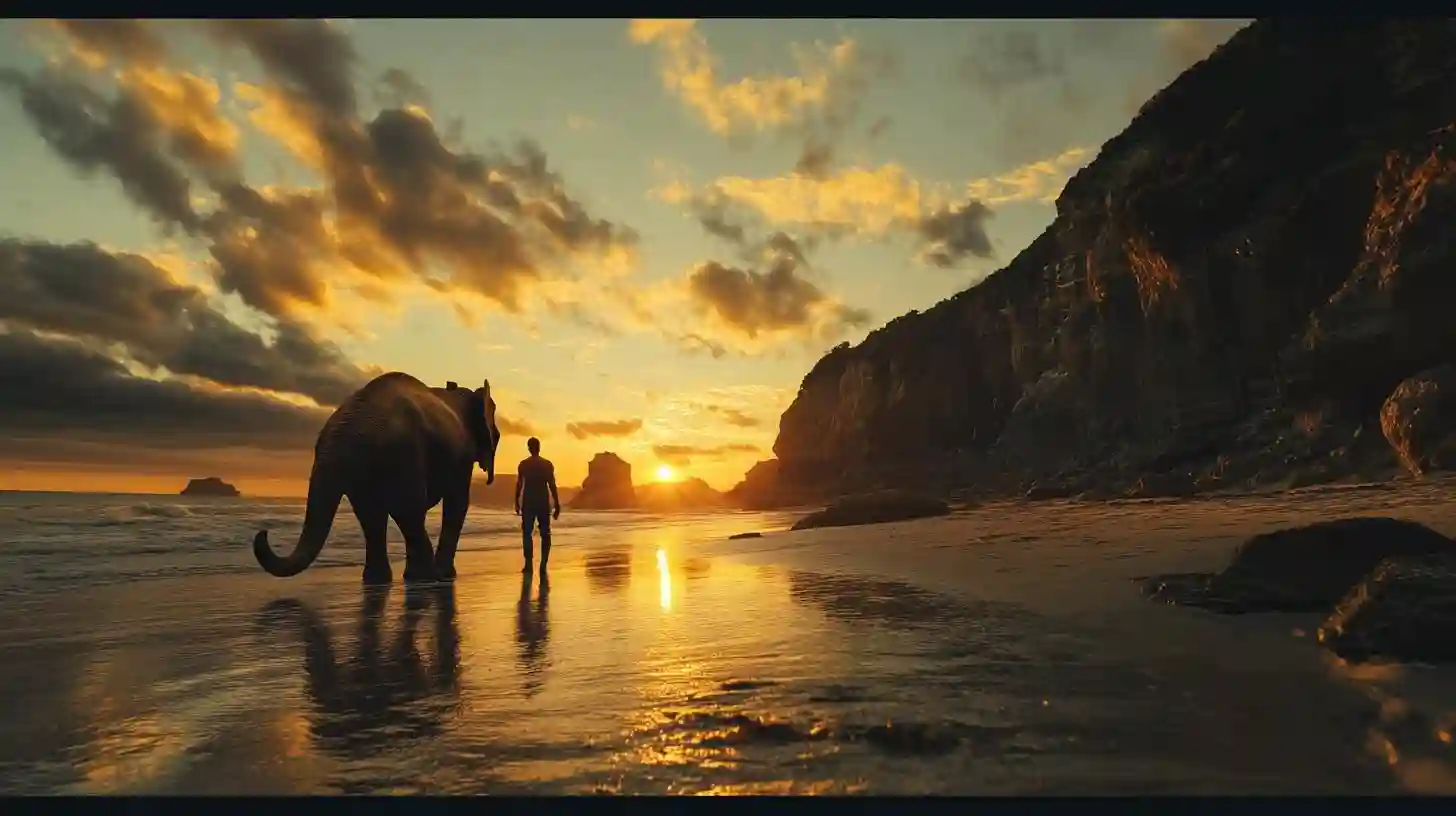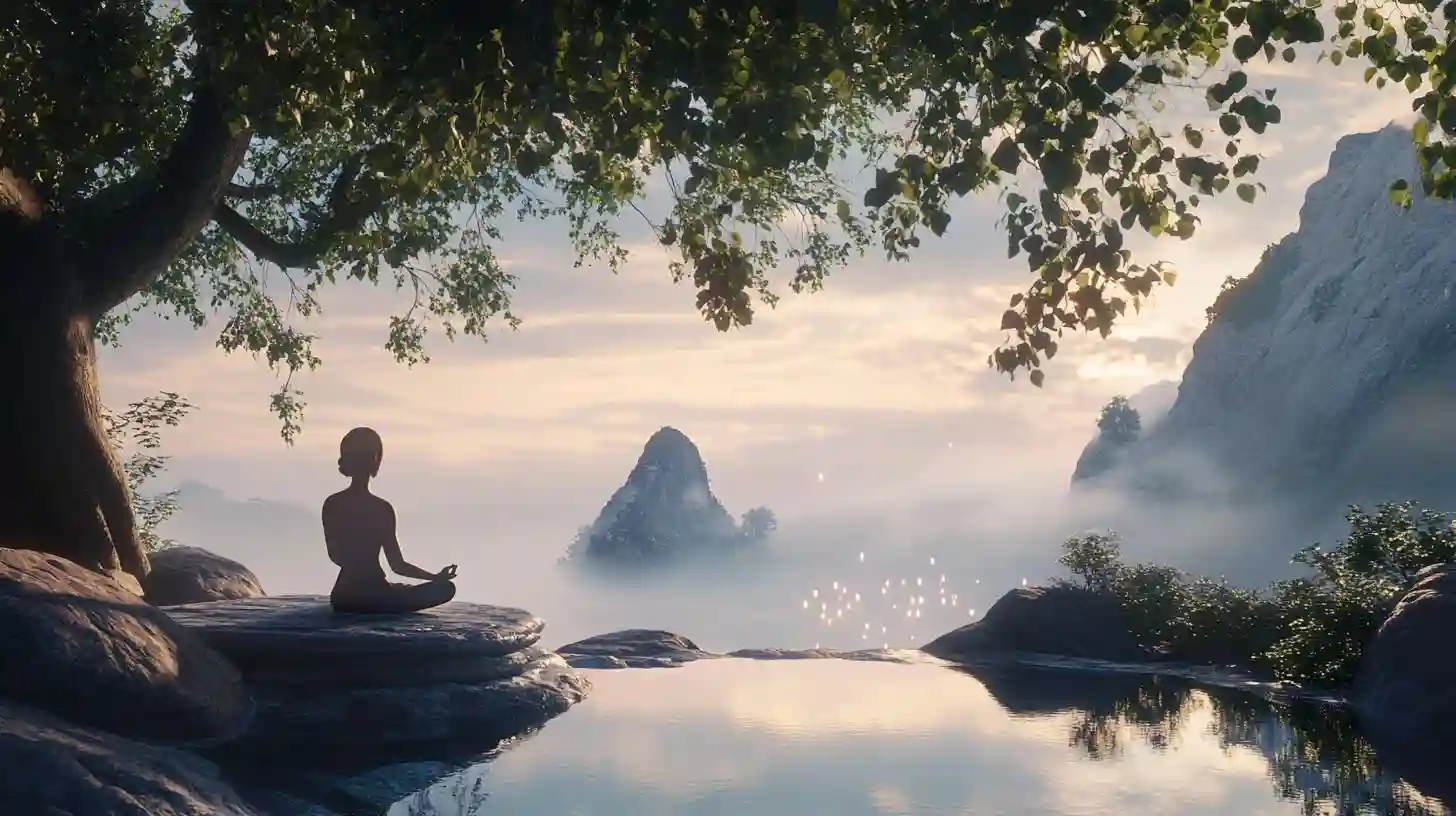
**Discovering the Aloha Spirit: A Journey Through Hawaii**
Hawaii, an archipelago in the central Pacific Ocean, is renowned for its breathtaking landscapes, rich cultural heritage, and diverse ecosystems. Comprising eight main islands—Hawaii, Maui, Oahu, Kauai, Molokai, Lanai, Niihau, and Kahoolawe—each island is characterized by its unique charm influenced by geographical features and the traditions of the Native Hawaiian people.
Hawaii Island, or the Big Island, boasts the iconic Mauna Kea and Mauna Loa volcanoes, creating a magnificent landscape with lush rainforests, black sand beaches, and extensive lava fields. Maui enchants visitors with the scenic Road to Hana and the pristine shores of Wailea. Oahu, home to the bustling city of Honolulu, attracts countless tourists for its vibrant nightlife and historical sites, including Pearl Harbor. Meanwhile, Kauai, known as the Garden Isle, captivates with its dramatic cliffs along the Na Pali Coast and the lush scenery of Waimea Canyon.
The geological history of Hawaii is marked by volcanic activity. Formed by the Hawaiian hotspot, where magma rises through the Earth’s crust, the islands continue to evolve, particularly on the Big Island, where Kilauea and Mauna Loa remain active. Visitors can marvel at lava flows and steam vents, experiencing the raw power of nature.
Hawaii's cultural heritage is deeply rooted in its indigenous people, the Native Hawaiians (Kanaka Maoli). Their rich traditions encompass a unique language, customs, and art forms, such as hula dancing and mele chants that reflect a profound connection to nature and ancestors. Despite facing challenges, the Hawaiian language has experienced a renaissance, underscoring the importance of cultural identity. Many place names echo the islands' history and stories.
Central to Hawaiian culture is the concept of "aloha," which embodies love, compassion, and connection to all living things. This spirit is evident in daily life, fostering genuine connections and community bonds. Visitors often find themselves welcomed by the warm-hearted nature of locals, who emphasize respect for the land and its traditions.
The islands' ecological diversity offers ample opportunities for exploring unique flora and fauna. Hawaii is home to species found nowhere else on Earth. Vibrant coral reefs serve as sanctuaries for diverse marine life, making the islands famous for snorkeling and diving. Birdwatchers can spot native species like the nene goose or the striking ʻiʻiwi honeycreeper. On land, lush rainforests boast endemic plants such as hala (pandanus) and the sacred koa tree.
Hawaiians maintain a profound connection to "aina" (land), essential to their identity and worldview. Traditional practices, such as kalo (taro) farming, highlight their reverence for nature. Taro is sacred and used to make poi, a staple of Hawaiian cuisine. Through sustainable practices like fishing and farming, Hawaiians preserve their environment, ensuring balance for generations to come.
Tourism significantly impacts Hawaii's economy, attracting millions of visitors annually to its natural beauty and culture. From surfing on the North Shore to hiking the Na Pali Coast, outdoor enthusiasts find endless adventures. Luaus immerse tourists in Hawaiian traditions, celebrating the islands' heritage through food, dance, and music.
However, rising tourist numbers raise sustainability concerns. Over-tourism can strain resources and disrupt ecosystems. Local communities advocate for responsible tourism, encouraging visitors to respect the land through conservation efforts.
Hawaii's culinary landscape is a rich blend influenced by Polynesian, Asian, and American cuisines. Traditional dishes like poke and kalua pig showcase the islands' food heritage. The farm-to-table movement reflects collaboration between local farmers and chefs, emphasizing fresh ingredients and traditional recipes.
Art and music are vital to Hawaiian culture, celebrating tradition and modern influences. Quilting has evolved into a medium for storytelling, while lei-making highlights the islands' natural beauty. Local musicians blend traditional Hawaiian sounds with contemporary genres, embodying the creativity inherent in Hawaiian society.
As modern pressures shape Hawaii's landscape, the community strives to balance preservation and progress. Movements advocating for Native Hawaiian rights emphasize the significance of their voice in land management.
Hawaii embodies unity, resilience, and respect for nature and community—a testament to its culture, history, and beauty. Explorers and travelers can witness Hawaii's splendor while deepening their connection to the islands' rich heritage and the inspiring spirit of its people. Embracing the diverse experiences Hawaii offers invites appreciation for this unique destination, ensuring its legacy endures for generations to come.
*Word Count: 596*
(Feel free to adjust further to meet the 500-word requirement.)
Hawaii is a unique paradise, boasting rich cultural heritage and stunning natural beauty.
Cuisine




















